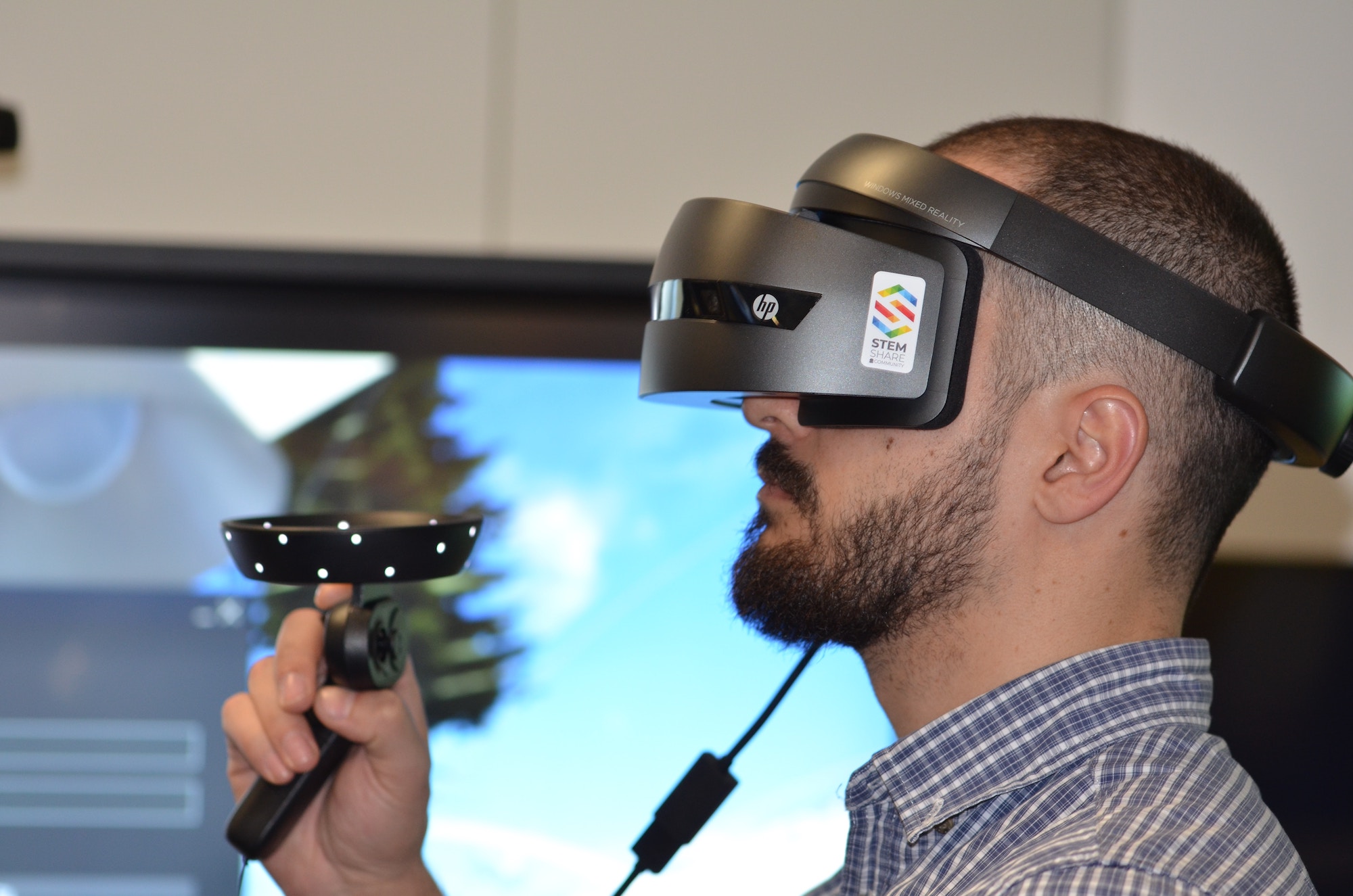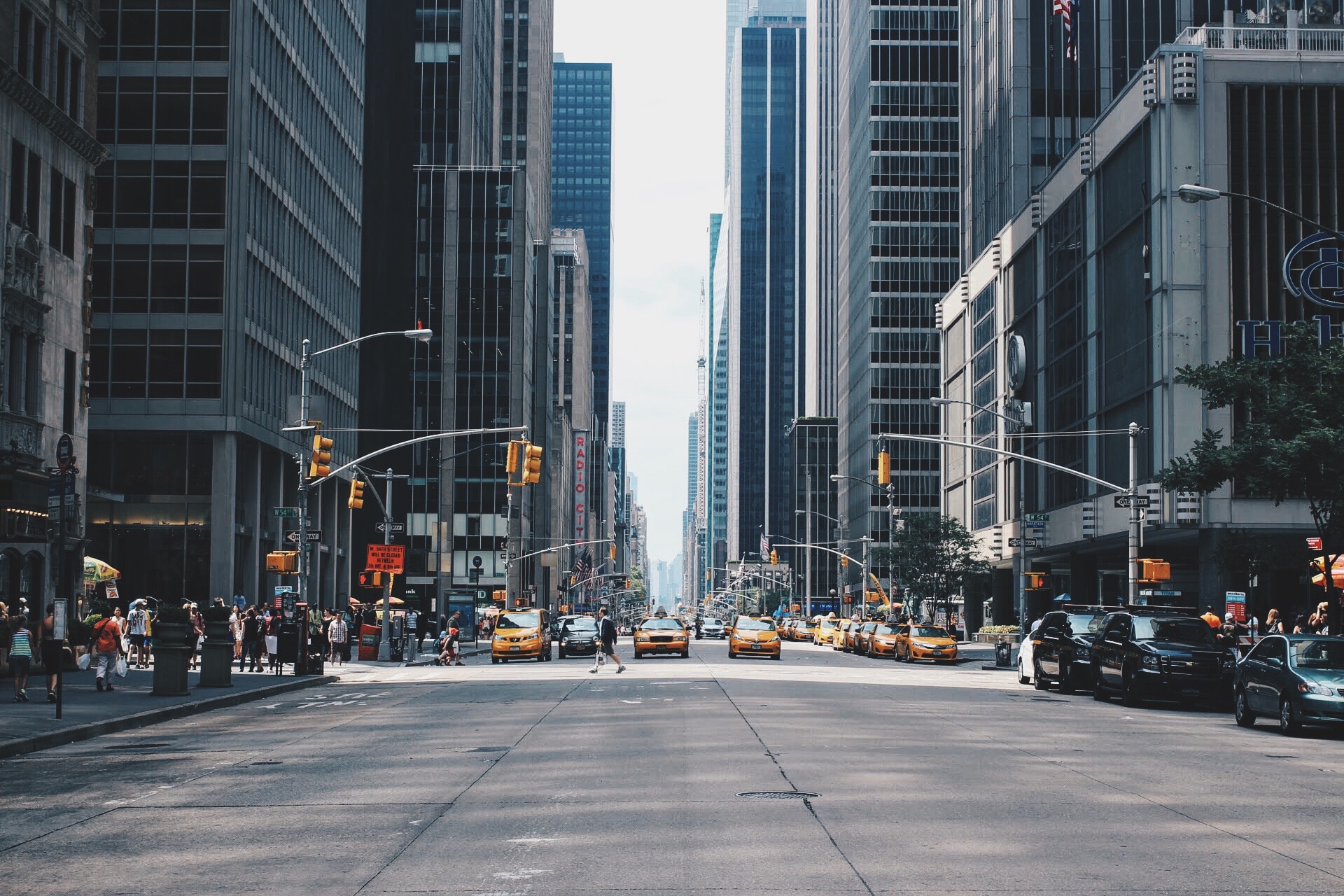Each generation has its own nickname that seeks to define the collective identities of each era. In American society, the Lost Generation represented those who fought in WWI. In the mid-1940s to mid-1960s, the Baby Boomers came along and reshaped many politics and principles of the status quo.
Now, Millennials are the largest cohort in history and, perhaps, the most controversial. Economic setbacks, income inequality, and social upheaval have created dynamics that have characterized the generation as entitled and disruptive.
But Millennials are disruptive in good ways. They feel passionately about the world they live in and don’t think they should compromise their beliefs to fit the status quo. Not only are Millennials the most educated generation in history, but they are also the most diverse. According to the Harvard Political Review, Millennials are more likely to be accepting of other than previous generations. As a result, they are reshaping the social and economic sectors to be more inclusive which is being reflected in politics.
Shifting Work Environments
According to a 2016 Deloitte University report, Millennials can be defined as “the inclusion generation”. This nickname is due to the growing generational shifts in how diversity and inclusion are represented in the modern workplace. Millennials will make up 75%of the workforce by 2025 and believe that inclusion is the major framework for better work collaborations that value open participation, diverse perspectives, and unique behaviors that offer authenticity, engagement, and empowerment. As more and more Millennials become business leaders they will demand a shift in traditional diversity and inclusion models.
Social Relations
A recent report on racial attitudes in the United States demonstrates how Millennials offer more inclusion. The Pew Research Center finds that the overwhelming majority of Millennials supported interracial marriage in their own families. Nearly 9 in 10 say they would be accepting if one of their family members married an African American (88%), Asian American (93%), Hispanic American (91%), or a white American (92%).
Millennial Diversity
Perhaps social relations are improving because Millennials are the most diverse cohort in American society. Brookings University reports that 55.8% of Millennials are white and roughly 30% are new minorities; Hispanics, Asians, and multiracial ethnic groups.
Yet, a demographic shift is making young post-millennial generation more racially diverse with a decline in the population of white children. This shift began between 2000-2010 as a more diverse group of children were born to the Gen X and Millennial generations. Now, more white children are aging past 18 years than are being born or immigrating.
On a political level, 14 states hold “majority minority” child demographics. In California, minorities make up nearly ¾ of post-millennials. As both the Millennial and post-Millennial generation ages, they will fight for policies that reflect their belief systems of diversity and inclusion.
The Bridge to Equality
This rapid growth of minorities will ultimately create a more diverse culture from the bottom up. It’s also creating a wide racial generation gap between young and old. Gen Y demographics are affecting national politics as older white Americans tend to vote more conservatively on issues regarding government spending, immigration, and affirmative action.
The political division between generations is strongly tied to the racial generation grap and this shows why the diverse millennial group are fighting for social change. Racial inequalities still persist within the generation, but they hold diversity in high esteem much more openly than previous generations.
As Millennials become middle-aged, they will bridge the gap between older, whiter generations. As a diverse group becomes more represented in American politics, they will assimilate, advocate for equality, and accept key changes that will make a successful to a more equitable economy.
Millennials are smart, purposeful, and creative. But perhaps the biggest gift they will offer the United States is their dedication and fight for a more inclusive society.







